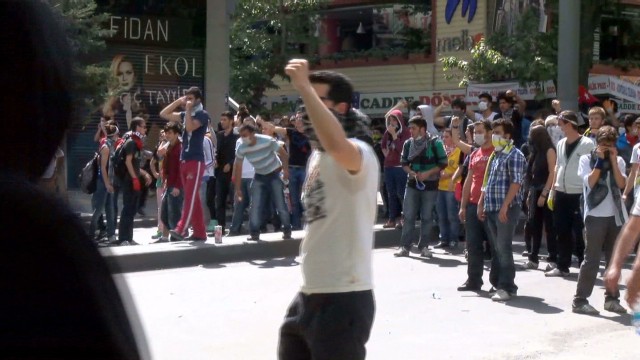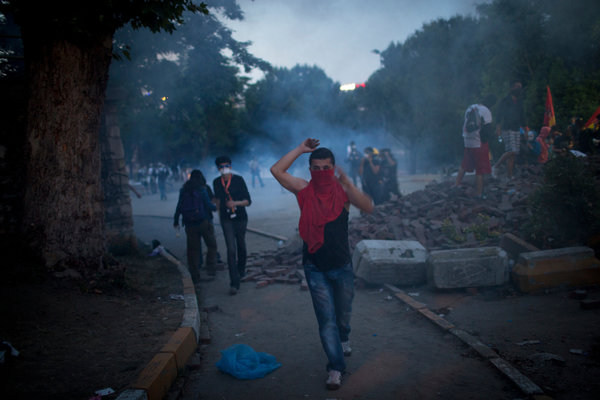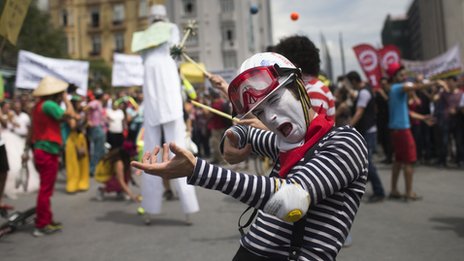Is Israel the only sane & civilized country in all of the Middle East? Just look at what is going on in the Muslim countries. Riots & revolutions in Syria, Egypt, Lebanon, Iran & even Turkey as well. Now into the hundreds of thousands of dead Muslims killing each other in their own countries. And these are the people Israel has for neighbors to live with.
Defiant Erdogan denounces riots in Turkish cities | Reuters
Defiant Erdogan denounces riots in Turkish cities | Reuters















